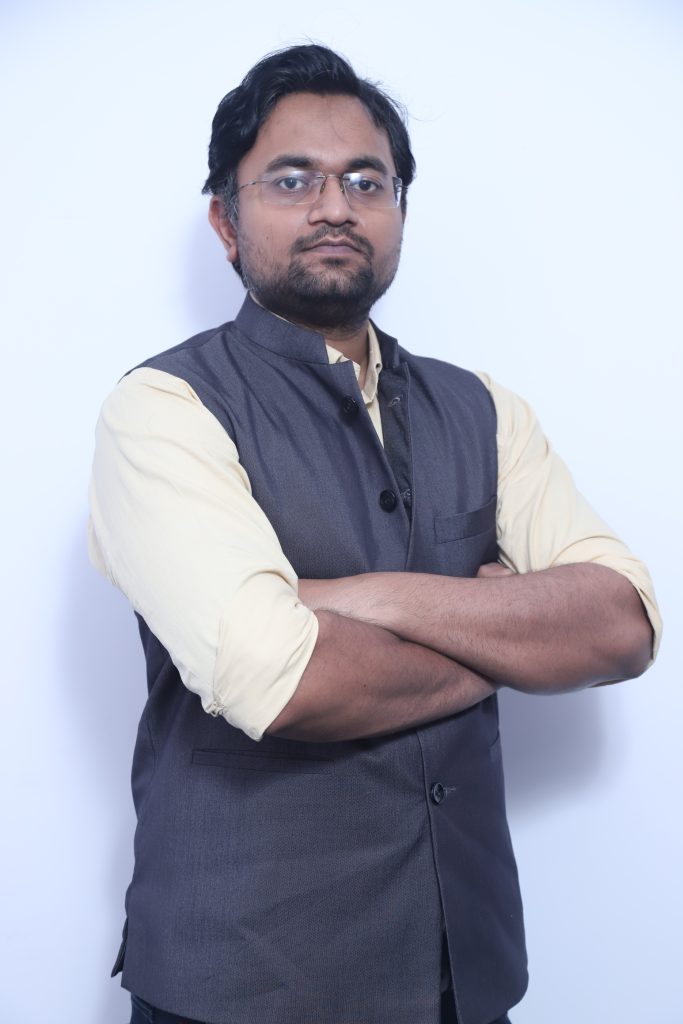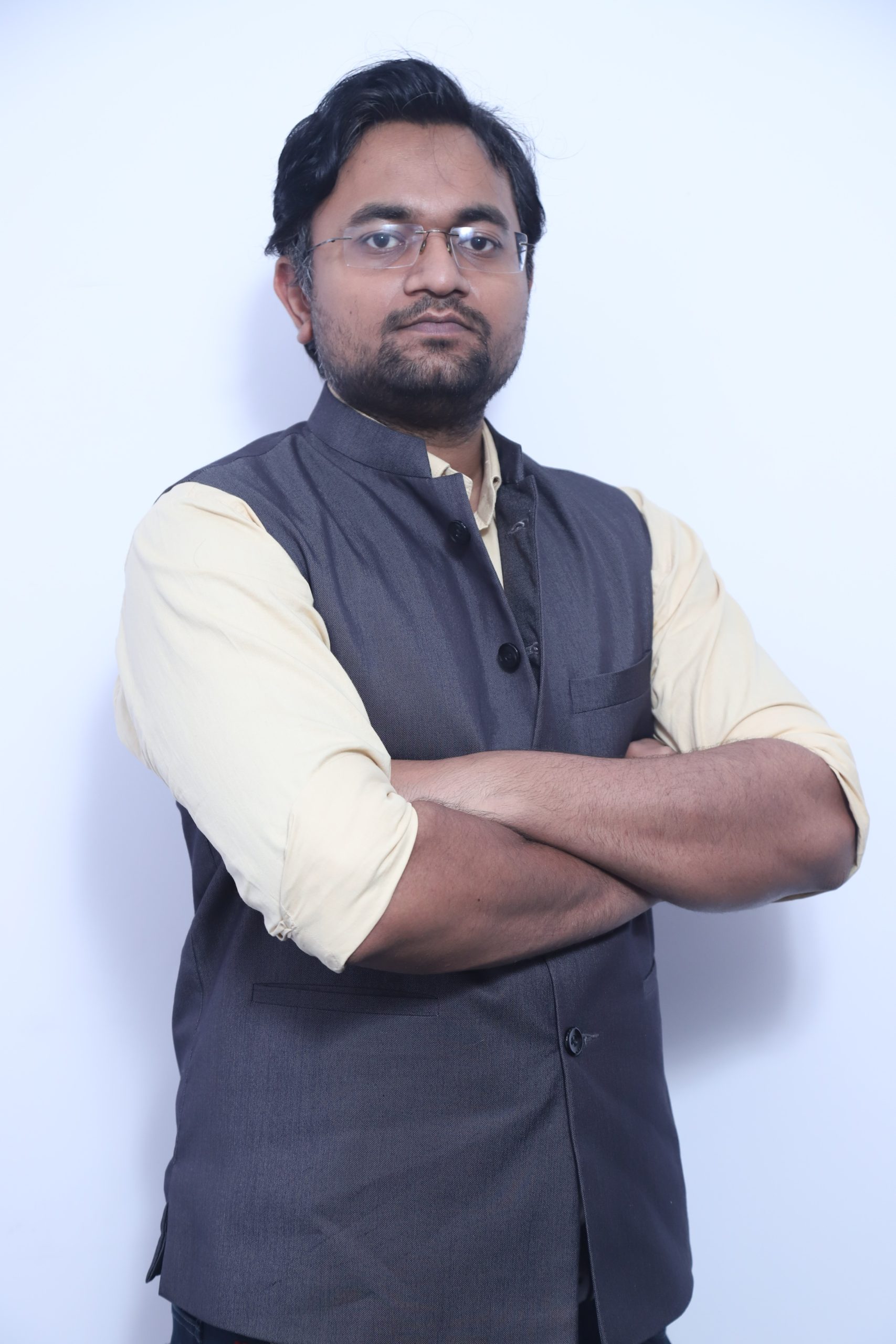
Ask the Climate Startup is an interactive series we run at CLIMAFIX that derives key insights from innovative climate startup founders on many different aspects of their startup journey. (See all posts at Ask the Climate Startup)
This series is done as part of the CLIMAFIX Summit 2023, India’s largest climate startup summit, organized by CLIMAFIX & Energy Consortium – IIT Madras.
In this post, we have Ankit Mittal of Sheru sharing his perspectives.
CLIMAFIX thanks Ankit Mittal for his valuable inputs.
Basics
1. Are you a first, second, or later-generation entrepreneur?
First generation
2. What has been your previous work or professional experience?
I previously worked on Industrial systems at Grey Orange Robotics.
3. Were there any special or specific reasons for you becoming an entrepreneur?
Building an economy around a problem is the best solution to solving the problem, and new ventures do just this. I saw that there were issues with how we as a society interact with natural resources and wanted to solve that problem.
4. Where or how did you meet your co-founders?
Sheru was founded by Shikhar Sharma, Nakul Mehan, and me in 2019. We have been friends from our college days at BITS Pilani, and also colleagues at Grey Orange Robotics.
Highlights
5. Was there anything noteworthy you wish to talk about from your first year or the first couple of years of your startup?
Like any startup, finding the right product market fit was a priority. The three of us came from systems engineering backgrounds and were able to boil down to the problem statement fairly fast. And the urgency created by COVID 19 to upgrade infrastructure expedited the public policy support to our work as well.
6. Was there an Aha moments during your startup journey that made a dramatic difference (positive or negative difference)?
The big moment was when we realized we had to look at the market from an energy storage point of view, rather than that of a specific customer. Fundamentally, electrification is a transition from OPEX to a CAPEX based economy, which is a supply chain change.
7. Were there any memorable, amazing or funny memories from your journey?
A memorable and amazing experience was the journey of putting together the first prototype battery pack in our own residential apartments with kitchen tools back in 2017. The whole process took about a month.
Perspectives
8. What was your biggest mistake in the startup journey? Something that you would like other startups to avoid?
In the early days of the journey, we looked at everything from a venture building perspective. We soon learnt that the early days are all about the market and shifted our focus from building a large venture to solving the problem.
9. Looking back, what would you have tried to do differently if you were to start again?
Nothing that would change the venture building process too significantly. But small things like timing the market better to reduce capital costs.
10. Is there a question you would like startup founders to ask before they start?
The most important question any founder should asked themselves is – Why are you doing it?
Others
11. What keeps you awake at night?
The problem solving potential of Sheru.
12. What do you think are your biggest strengths that are especially helping you in your journey?
Climate consciousness.
13. How were you able to find – and retain good talent – given the vast, lucrative opportunities such talent has today?
By giving them ownership – personal, professional, and financial, and having them be part of the growth.
14. Was there some support or help you received in your startup journey that proved critical? Who would you like to thank?
The analogy that I think of for building a venture is that it takes a village to raise a child. Every single person that touched the process of helping Sheru in our journey is someone we are thankful to.


